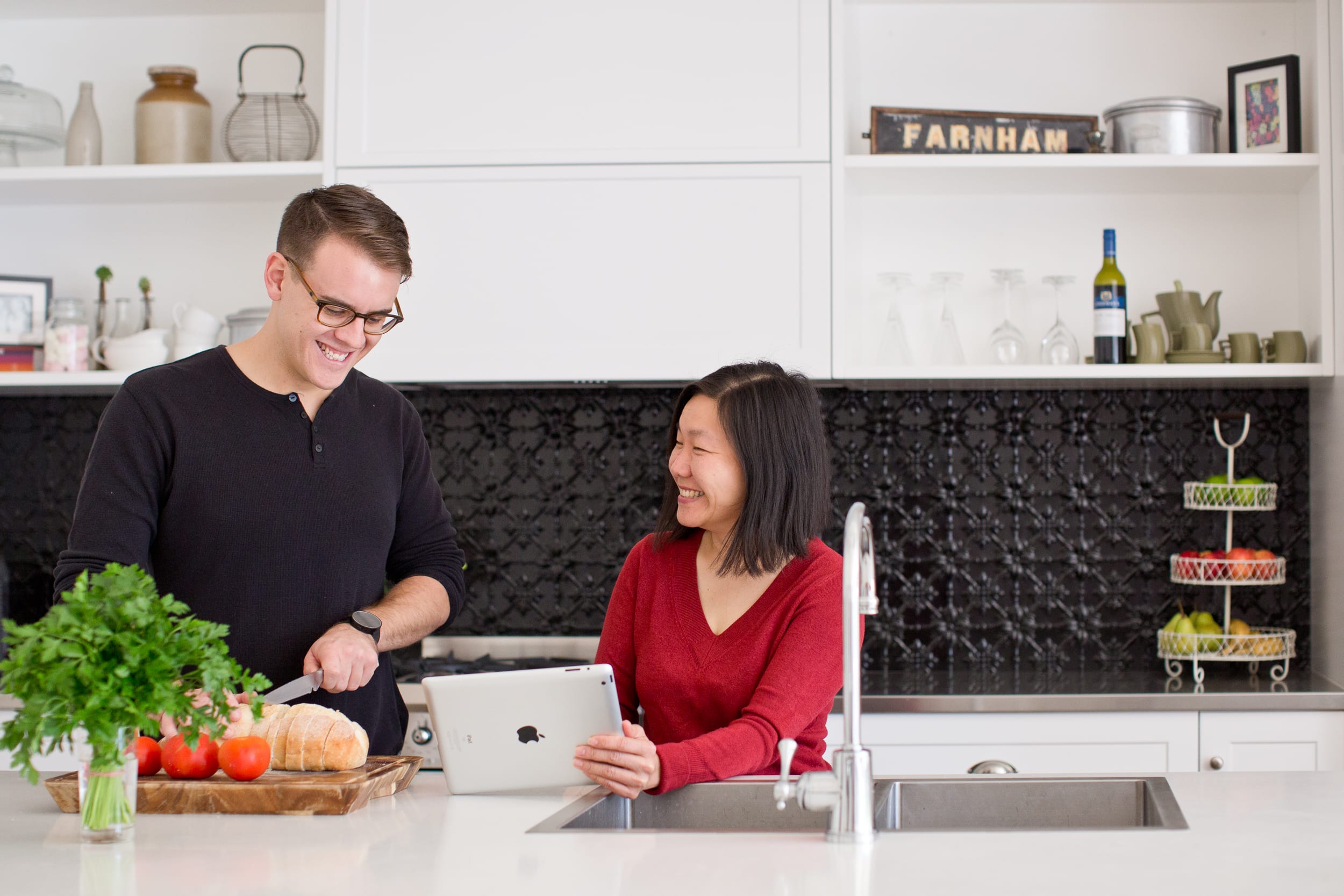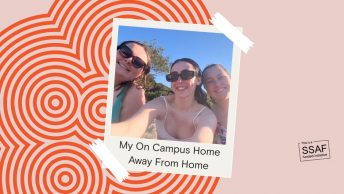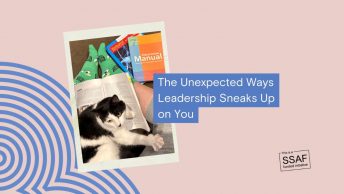This post is over three years old, the information may be outdated.
Most students survive on a (not-so-healthy) diet of coffee, pizza and mi-goreng. Unfortunately for our bank accounts, we need more than this to sustain us during exam periods (and life in general). I’ve gathered three recipes that will give you the vitamins and minerals you need without breaking the bank, plus some useful tips on what to do and not do with food while you’re on exams!
Ruth Crawford is a nutrition lecturer at CSU. She recommends making “small changes to improve the quality of your diet, such as ensuring a source of protein in all your meals, including breakfast.”
Step 1: Eat
Your brain needs food to keep its energy levels happy, so skipping breakfast for an extra five minutes of study is not going to help you when you feel hungry half-way through the exam. Protein-rich foods like eggs, nuts or yoghurt are recommended and taste great! Check out this simple recipe:
Step 2: Lighten up
Eat light meals, enough to feel satisfied but not too much so that you feel full otherwise you may slip into the dreaded food coma in the middle of your exam! Energy drinks and coffee may seem like a great idea to help you study but too much can lead to irritability and difficulty concentrating, especially in a stressful situation like an exam. Try tea instead. Limit sugary drinks and ensure you drink enough water to prevent dehydration which drains your energy and makes it hard to focus.
Step 3: Cut out ‘comfort’ food
While you may want to munch on foods like chocolate bars or chips, it’s generally best to avoid such sugary snacks due to the energy crash that will inevitably come during your exam. Instead, snack on things like fruit, nuts, custard or yoghurt, cheese and crackers, dip and veggie sticks or protein bars. Check out this healthy recipe:
Step 4: Treat yourself
Make this post-exam ultimate desert as a reward for making it to the end! Microwave chocolate mug cake:
For more dietary advice, you can check out the Australian Dietary Guidelines. For support and mental health advice, contact Headspace – 1800 650 890.










